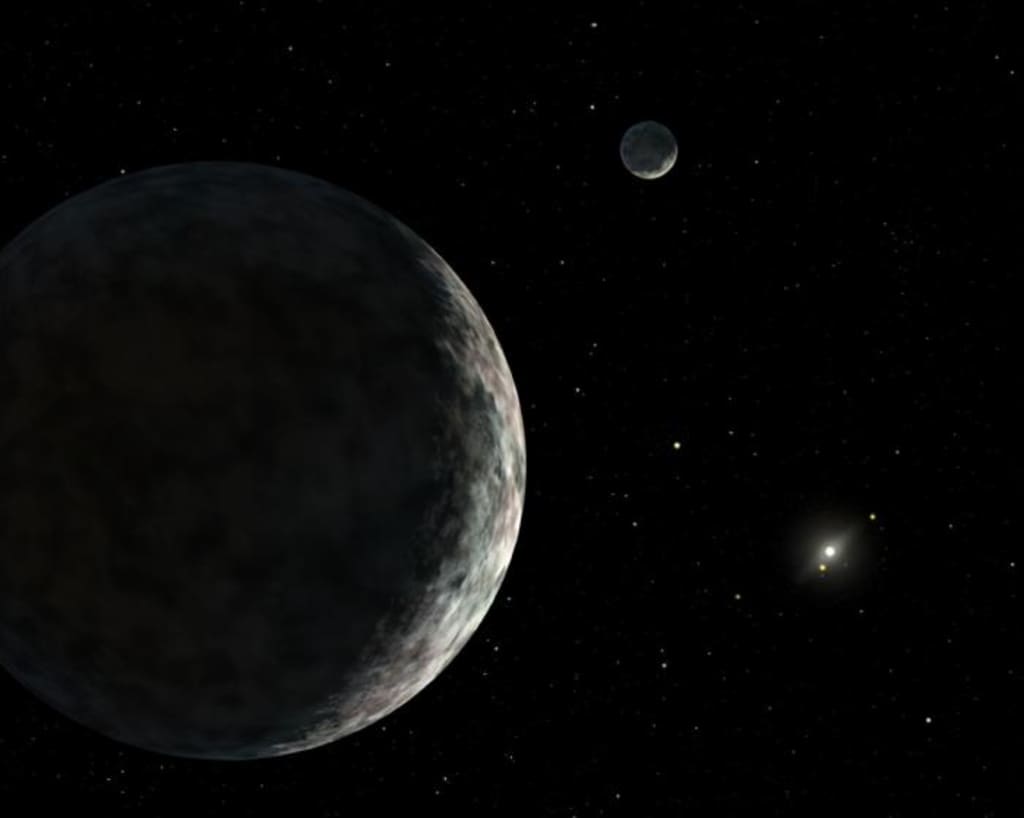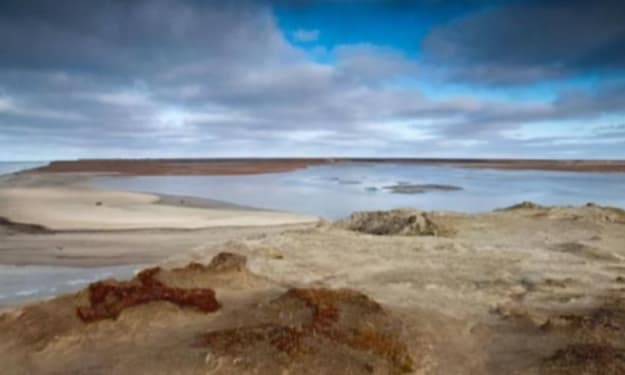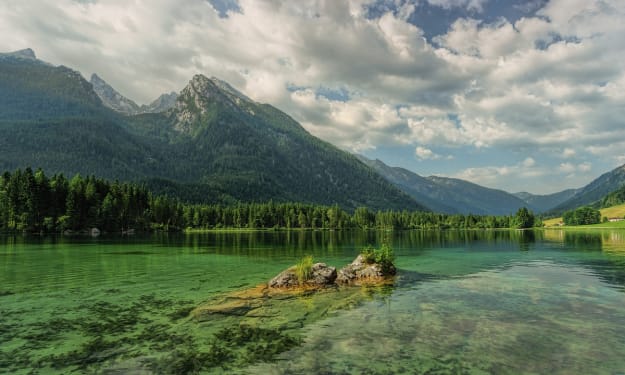Twenty years of winter in Uranus? Rebellious Venus? 10 interesting facts about the solar system
10 interesting facts about the solar system

While we all remember a few things about our solar system, such as that there are eight planets, there are still many little-known cold facts that many people don't know. The following is a list of ten interesting things about our solar system and the planets in it.
10. Jupiter - Earth's landfill
Jupiter is the largest planet in our solar system, and scientists believe it is vital to our safety. Because of its enormous size and gravitational pull, Jupiter acts as a protective barrier for the Earth, separating it from space debris and asteroids and pulling dangerous objects into their orbits before they reach the planet. Pierre-Simon Laplace discovered a comet that appeared to be heading toward Earth, but was captured by Jupiter's gravitational field and eventually landed on the planet.
09. There are five dwarf planets in our solar system
There are five dwarf planets in our solar system. One of them is Pluto, which was recently reclassified. The other four are Ceres, Eris, Haumea, and Ornithopoda.
08. Our solar system is full of asteroids
Our solar system has both an asteroid belt between Jupiter and Mars, and smaller asteroids scattered throughout the solar system. Some of these asteroids are very close to Earth.
We have all seen many movies of spaceships crossing asteroids, and these movies are wrong in some key details: although they depict spaceships ducking between huge rocks to avoid a collision, the truth is that the asteroids are usually spaced so far apart that there is nothing to worry about.
07. Venus is the hottest planet
If you are asked what the hottest planet is, most people will point to Mercury. Because Mercury is the closest planet to the sun. But in fact, Venus is the hottest planet in our solar system, even though it's farther from the sun.
The main reason for this is that because Mercury is so close to the Sun, it has no atmosphere, which means that heat cannot be conserved. In contrast, Venus has an atmosphere that traps the heat generated by the Sun. That is why Venus is the hottest planet in the solar system.
06.170 Pluto is only about the size of Earth
Pluto is much smaller than you might think. It would take close to 170 Pluto's to fill the same amount of space as Earth.
05. One day of Mercury is equal to 58 Earth days
On any planet, a complete rotation is considered to be a day. It takes about 24 hours for the Earth to rotate once, and a day spent on Mercury is about 58 days on Earth.
And the rotation of Mercury causes a year on Mercury to be approximately equivalent to 88 days on Earth.
04. The season of Uranus lasts for twenty years
The orbital inclination of Uranus is eighty-two degrees. Such a tilt angle causes a season on Uranus that lasts about twenty Earth years and causes all kinds of strange weather.
Recently, Uranus has experienced a particularly long winter and will begin a decade-long spring. However, spring on Uranus will not be the same as spring on Earth because the temperature will be well below freezing and will feature huge storms.
03. The mass of the solar system is 99% of the Sun
The Sun is, of course, the most important part of our solar system. This dazzling ball of gas provides us with light, heat, and energy, and largely keeps everything running properly!
But sometimes it's easy to forget just how incredibly massive the sun is.
The Sun constitutes 99% of the mass of the entire solar system. Jupiter and some of the other big planets make up most of the rest, while the Earth is almost negligible.
02. Rebel Venus
Venus is the only planet in our solar system that rotates counterclockwise, and there is still no definitive answer as to why it rotates in the opposite direction.
01. Saturn is not the only planet with rings
In our perception, Saturn is surrounded by a huge ring of rocks, ice, and other particles. All of the larger planets in our solar system have rings. This is true of both Jupiter and Neptune (Jupiter's rings are not visible from our planet). Even Uranus has 9 bright rings around it, and some fainter ones. But all these rings are hard to see because of the distance.
About the Creator
Derwall Don
The development of science and technology and the function is inexhaustible, science is a wonderful thing。






Comments
There are no comments for this story
Be the first to respond and start the conversation.